Things about Marcus Aurelius you might not know
Marcus Aurelius is famous as a Roman emperor and writer but there are aspects of his life not known by most people.
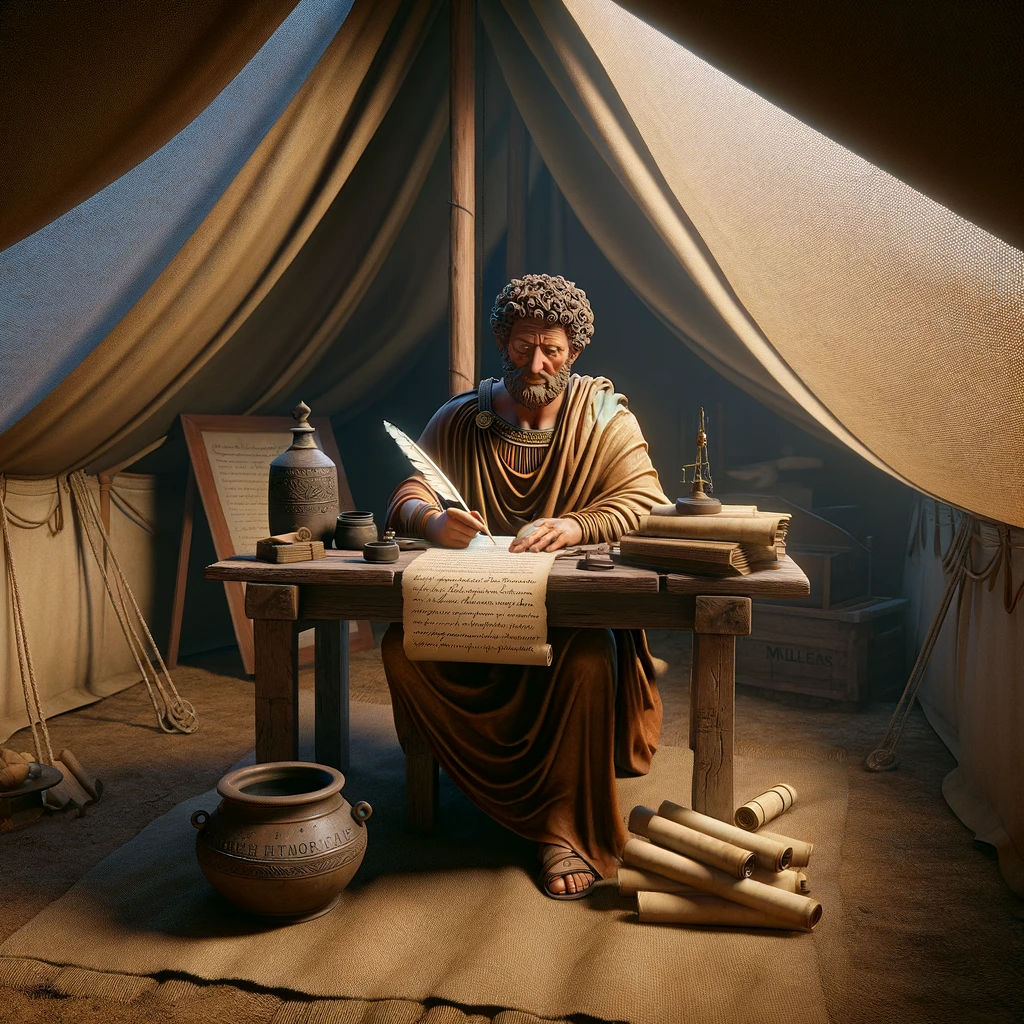
Marcus Aurelius, while renowned as a philosopher, also held the exalted position of Roman Emperor. Throughout his lifetime, he endured challenges and difficulties with a serene resilience that remains a source of inspiration for us today.
He survived a pandemic
Marcus Aurelius Antoninus, the Roman Emperor, was a renowned Stoic philosopher of ancient times. In the final 14 years of his reign, he contended with one of history's most severe plagues in Europe. The catastrophic epidemic, termed the Antonine Plague in his honor, is believed to have been a variant of smallpox. It claimed the lives of an estimated 5 million people, and Marcus Aurelius himself might have been among its victims. Between AD 166 and AD 180, the plague ravaged repeatedly across the civilized world. Records from Roman scribes recount the heavy toll on the military, with towns and villages left deserted and in disarray. Rome suffered greatly, with carts brimming with corpses leaving the city daily. Amidst this calamity, Marcus Aurelius penned 'The Meditations', a work that encapsulates the ethical and introspective counsel he practiced during these trying times. His writings often reflect on utilizing Stoic thought to navigate the trials of suffering, sickness, apprehension, and bereavement. 'The Meditations' can easily be perceived as a guide for fostering the kind of psychological fortitude needed to endure a pandemic.
He was adopted into royalty
It may come as a surprise, but Marcus Aurelius wasn't destined for the imperial throne from the start. His father, Marcus Annius Verus, hailed from a prestigious Roman lineage with senators and consuls in his family history, but he was not part of the imperial dynasty. After his father's passing, young Marcus, just three years old at the time, was taken in by his grandfather, who held a significant position within the court of the reigning Emperor Hadrian. Marcus quickly gained the attention of the Emperor, likely due to his grandfather's influential standing.
Things progressed swiftly from there. At the age of six, Marcus was admitted into the equestrian order, and by the time he was seven, the Emperor introduced him to the priestly college. Nevertheless, he was still considered too young for the imperial throne, which was bestowed upon his uncle, Titus Aurelius Antoninus, also adopted by Hadrian. However, Hadrian had ambitious plans for Marcus and the Roman Empire. Antoninus could only ascend to the throne if he agreed to adopt Marcus and his adoptive brother Lucius Verus as his successors.
He was living in chronic pain
Even before he became an emperor, he had already started mentioning health issues to his Latin tutor, and good friend, Marcus Cornelius Fronto:
As to my present state of health, you will be able to judge that easily enough from my shaky handwriting. It is true that as regards my strength, that is beginning to come back, and nothing remains, besides, of the pain in my chest; but the ulcer is working on my windpipe.
Marcus experienced a range of health issues, including chronic chest and stomach pains, sleep disturbances, and a diminished appetite, among other symptoms. Although the precise nature of his illness remains uncertain, modern scholars have speculated that he might have been describing symptoms related to conditions such as stomach ulcers, among others. Interestingly, the historian Cassius Dio commends Marcus Aurelius for his remarkable physical resilience, despite his being "extremely frail in body."
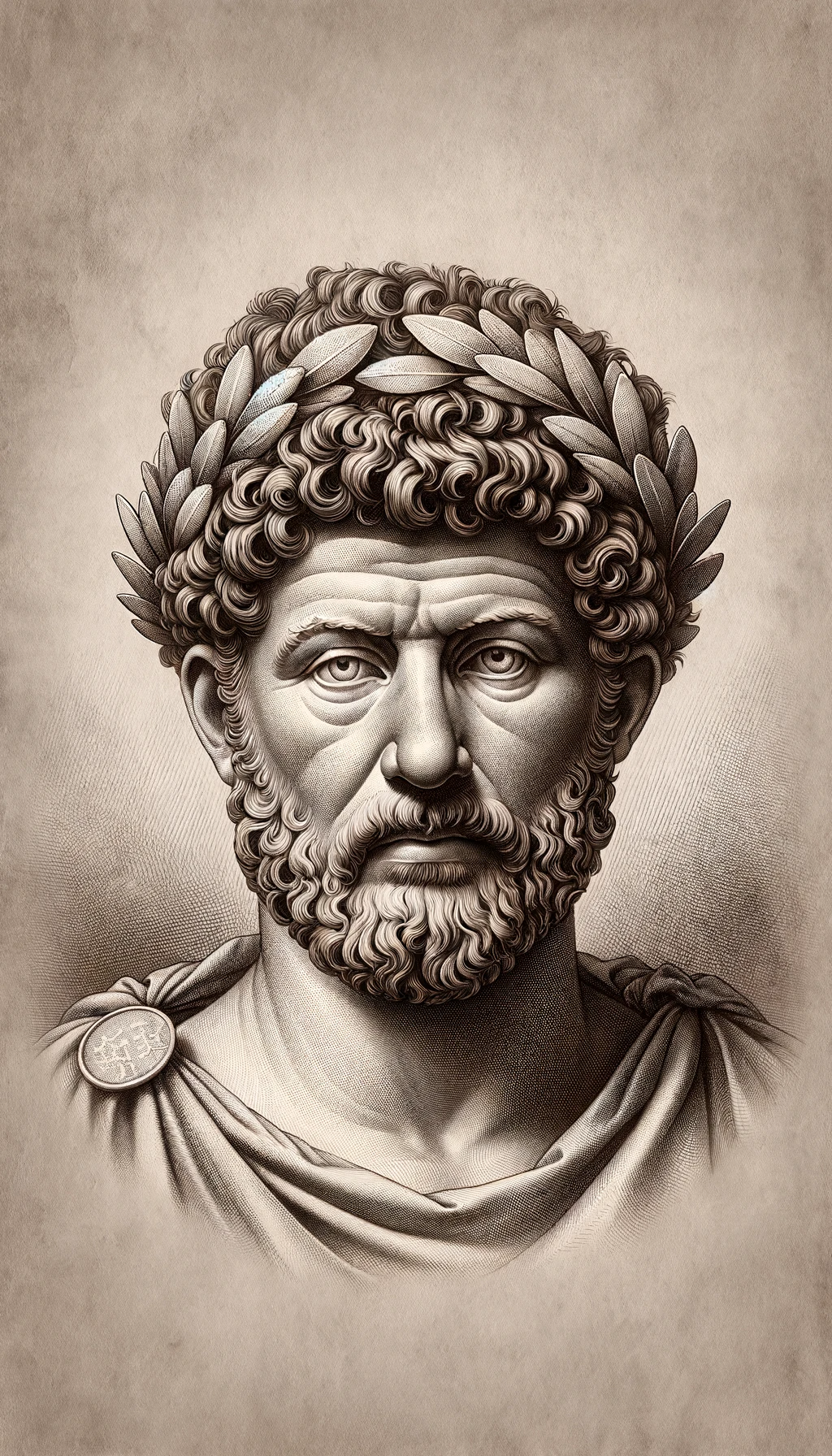
The Roman historian also confirms that Marcus had problems with his chest. He also notes that he had a stomach condition and “took but very little food and that always at night”. He mentions that Marcus turned to the conventional mixture called theriac, which included a minor quantity of opium, in order to alleviate the discomfort brought about by these issues.
Marcus's condition likely worsened when he had to depart from Rome for the first time due to the outbreak of the First Marcomannic War, taking on the responsibility of commanding the legions in Upper Pannonia, which corresponds to modern-day Austria. The cold climate, it seems, exacerbated his symptoms. Cassius Dio records a speech in which Marcus addresses his legions in Pannonia:
For it is on behalf of the State that I continue to toil and to undergo dangers and that I have spent so much time here outside of Italy, though already an old man and weak, unable to take either food without pain or sleep without anxiety.
This struggle with insomnia appears to have persisted for many years, possibly as a consequence of his other health issues. In "The Meditations," Marcus mentions additional symptoms and expresses gratitude to the gods "for providing me with remedies through dreams, particularly for dealing with issues like blood-spitting and dizziness" (1.17). Accurately diagnosing Marcus's historical health problems is challenging, as he likely encountered various ailments at different stages of his life. Nevertheless, some contemporary scholars have theorized that he may have suffered from chronic stomach ulcers, among other potential conditions.
He was writing in Greek
Marcus displayed mastery in prose style in both languages, as evidenced by his correspondence with Fronto in Latin. He also possessed a high level of expertise in Stoic philosophy, which is replete with technical terms and idioms in Greek that don't translate comfortably into Latin. Terms like αδιαφορα, which means "indifferentia" in Latin, or οικείωϲιϲ, which translates to "conciliatio," had to be coined in Latin, often feeling foreign to the language. Notably, authors who wrote about Stoicism in Latin, such as Cicero and Seneca, acknowledged the awkward necessity of inventing these equivalents and hoped that their coined words would become accepted standards. However, they didn't achieve widespread adoption, at least not to the extent required.
Given that Aurelius utilized this extensive technical vocabulary, he would have consistently needed to create new words in Latin or borrow earlier neologisms from Cicero or Seneca. In contrast, when writing in Greek, everything he required was already established and integrated into a comprehensive system. Greek served as the language for precise philosophical distinctions, without the need for definite or indefinite articles, devoid of neuter nouns for abstract concepts (e.g., το αγαθον for "the Good," το αδιαφορον for "the Indifferent"), and lacking systematic aspect markers throughout verb conjugations. In comparison, using Latin as a medium for analytic philosophy was limiting. Thinking was often clearer in Greek than in Latin.
His nickname was “Verissimus“
During Marcus's childhood, Emperor Hadrian (76–138) took notice of him and referred to him as "Verus", which means "true". Additionally, due to Marcus's strong moral character, Hadrian also addressed him as "Verissimus," signifying "truest."

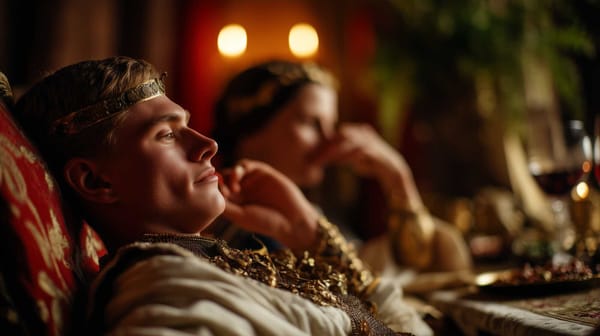

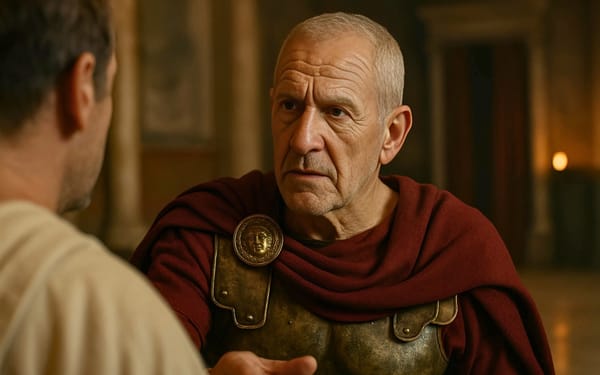
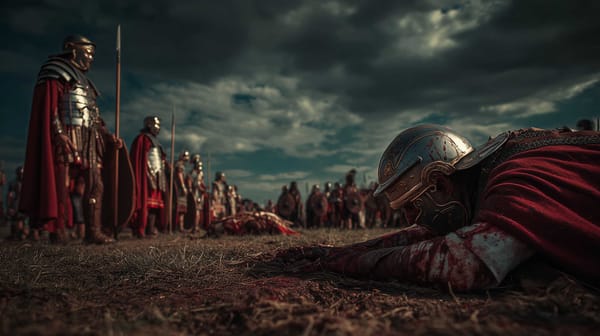
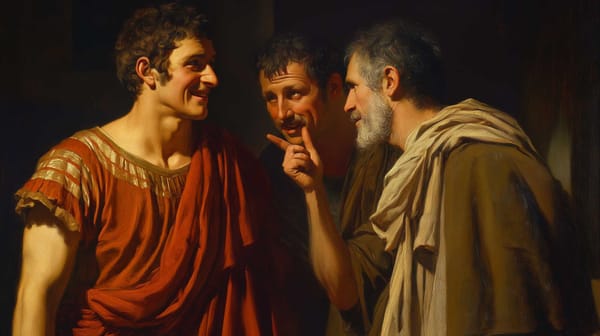
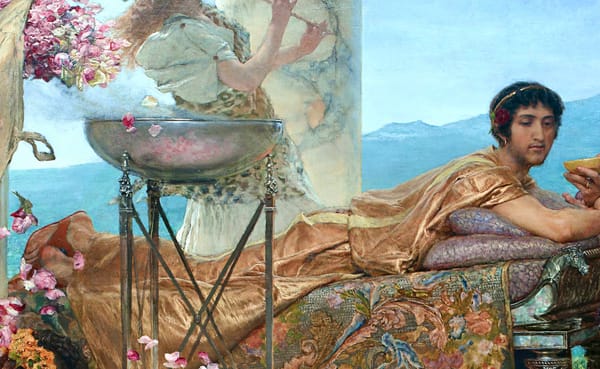
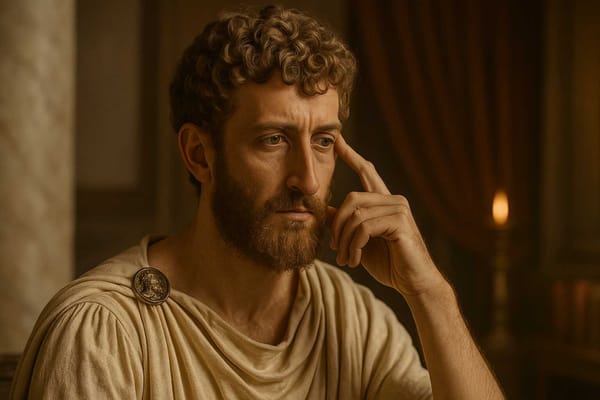

About the Roman Empire Times
See all the latest news for the Roman Empire, ancient Roman historical facts, anecdotes from Roman Times and stories from the Empire at romanempiretimes.com. Contact our newsroom to report an update or send your story, photos and videos. Follow RET on Google News, Flipboard and subscribe here to our daily email.
Follow the Roman Empire Times on social media: